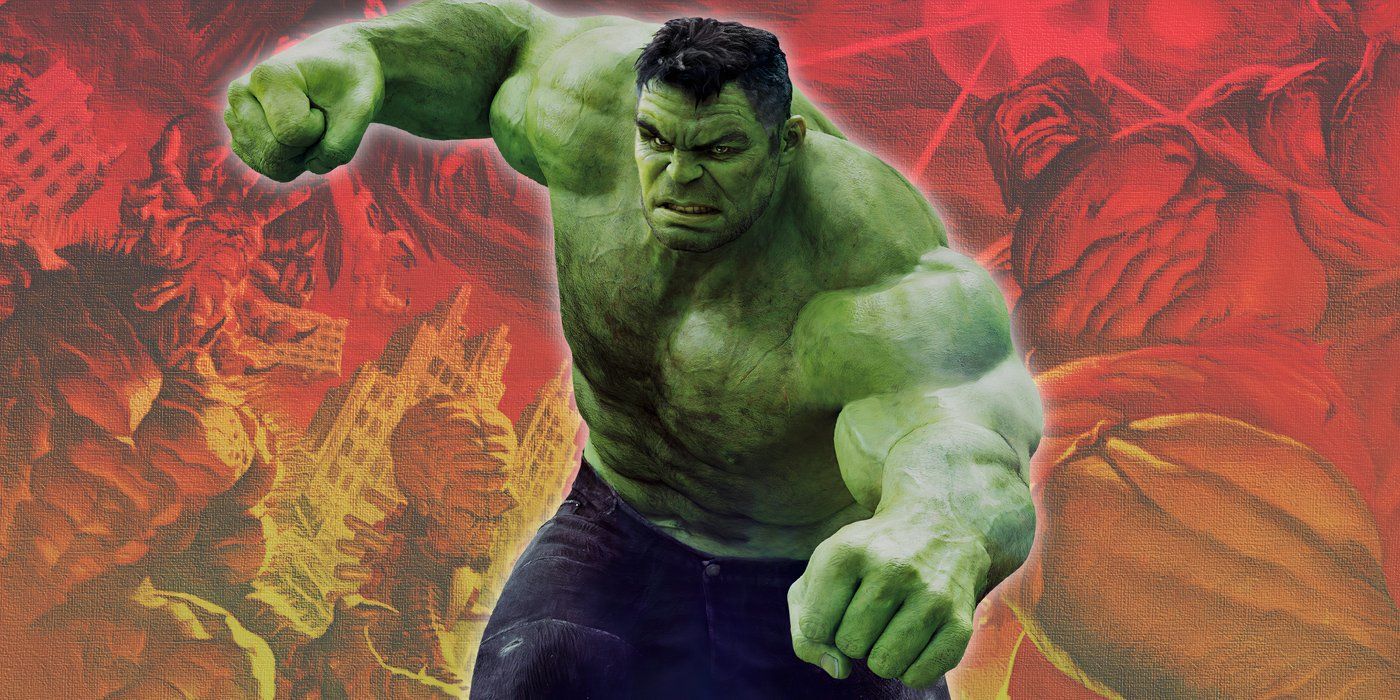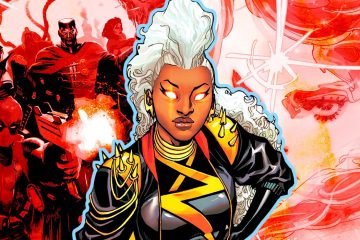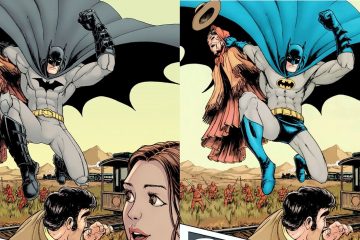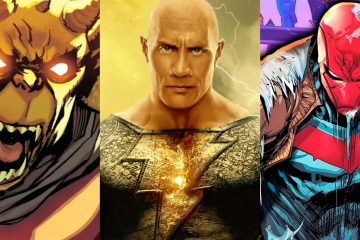The Hulk is one of Marvel’s most notable characters. Before the rise of the Marvel Cinematic Universe, he was perhaps the third-most recognizable Marvel hero, alongside the iconic Spider-Man and Wolverine. Now more associated with the Avengers, the Hulk represents rage and repressed anger like no other comic book colossus. However, this is one of several elements that makes him embody another genre besides superheroes.
The Hulk has often been portrayed as essentially a horror character, and that’s where he works best. Much more of a monster than a knight in shining armor, the Hulk has elements of body horror, psychological horror, and an inner struggle that’s only matched with outward carnage and aggression. Cruelly conflicted and cursed with seemingly purposeless power, the Hulk isn’t fun wish fulfillment—he’s a cautionary tale.
The Hulk is very much made in the vein of 1950s monster movies, wherein some sort of scientific disaster turned a hapless individual into a freak of nature. These were essentially updates of the formula seen in many Universal monster movies, most of which adapted novels or plays. The Hulk is tragic in the same way, with Banner forced to turn into this inhuman beast whenever he loses his temper, while The Hulk himself wants to be left alone. Not only is Hulk scary due to his incredible strength and rage, but audiences also feel sad for him. There’s even an element of psychological horror, namely due to the abuse that Banner suffered as a child at the hands of his father, Brian Banner.
Frankenstein, the scientist tested the length of his hubris, with his shambling creature eventually being his undoing. With the Hulk, Dr. Banner tried using his scientific expertise in gamma radiation to help the world. The Hulk’s classic origins even have him caught in a gamma blast after saving a young man named Rick Jones. This homages another horror trope embodied by the
The Hulk is one of Marvel’s most notable characters. Before the rise of the Marvel Cinematic Universe, he was perhaps the third-most recognizable Marvel hero, alongside the iconic Spider-Man and Wolverine. Now more associated with the Avengers, the Hulk represents rage and repressed anger like no other comic book colossus. However, this is one of several elements that makes him embody another genre besides superheroes.
Frankenstein, the scientist tested the length of his hubris, with his shambling creature eventually being his undoing. With the Hulk, Dr. Banner tried using his scientific expertise in gamma radiation to help the world. The Hulk’s classic origins even have him caught in a gamma blast after saving a young man named Rick Jones. This homages another horror trope embodied by the
The Hulk has often been portrayed as essentially a horror character, and that’s where he works best. Much more of a monster than a knight in shining armor, the Hulk has elements of body horror, psychological horror, and an inner struggle that’s only matched with outward carnage and aggression. Cruelly conflicted and cursed with seemingly purposeless power, the Hulk isn’t fun wish fulfillment—he’s a cautionary tale.
The Hulk is very much made in the vein of 1950s monster movies, wherein some sort of scientific disaster turned a hapless individual into a freak of nature. These were essentially updates of the formula seen in many Universal monster movies, most of which adapted novels or plays. The Hulk is tragic in the same way, with Banner forced to turn into this inhuman beast whenever he loses his temper, while The Hulk himself wants to be left alone. Not only is Hulk scary due to his incredible strength and rage, but audiences also feel sad for him. There’s even an element of psychological horror, namely due to the abuse that Banner suffered as a child at the hands of his father, Brian Banner.
#Hulk #Incredible #Horror #Story
Note:- (Not all news on the site expresses the point of view of the site, but we transmit this news automatically and translate it through programmatic technology on the site and not from a human editor. The content is auto-generated from a syndicated feed.))



